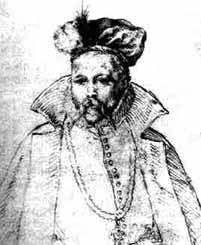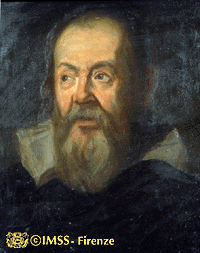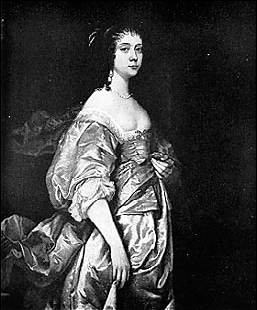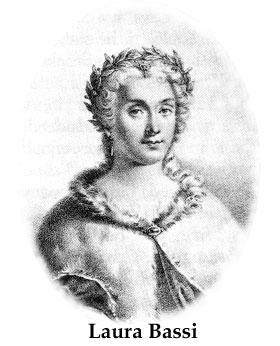- Aaron Smith gave uss a short presentation on Kepler's Laws. Although technical physics
arguments are not, in principle, a requirement in our USEM, it does not hurt to remind you
about what goes in the working of physical laws. Kepler's Laws are ideal for this purpose.
A recommended site that is already available in our Physics Department is at
Galileo and Einstein
Updated NASA sites can be found at:
NASA1
NASA2
NASA3 - We clarified how Kepler's Laws are empirical observations.
- We discussed how long it took to conceive the idea of an elliptical pattern in the observations of celestial bodies exactly because of the religious drive behind scientific investigations: It was hard for Kepler and for the intellectuals of his time to imagine a design of the Universe that was far from the perfection of circular orbits. An elliptical orbit was breaking a symmetry . It puzzled scientists who were also deeply religious, how that symmetry could . Kepler had to add to all of his scientific observations that God designed the Universe the way it appeared because it was designed for human beings that are themselves imperfect.
- Next we pointed out how Galileo introduced what is now known as the Scientific Method . Galileo's Scientific Method was revolutionary because it provided, for the first time, a well defined avenue by which scientific investigations could proceed independently from religious belief.
- The Scientific Method was developed in Galileo's books: Notes on Motion Today we summarize it into: observations that lead us to formulate hypotheses that lead us to make predictions . Finally, our predictions have to be verified through experiments that must consistently show the same result over and over again. In Galileo's words:
- The Scientific Method is the way science advancements are conducted nowadays
- Establishing a Scientific Method is very important also because it allows the scientific community
and the general public to have control on claims of scientific discoveries.
 If you have ideas,
.
If you have ideas,
. - A good site for this is:
Two different lines of discussion emerged about Galileo and Newton's times:
- 1. These times are DULL: the level of "social dynamics" does not compare to the huge changes that where happening through the middle ages and renaissance times. In other words, physics and science in general, become more and more tied to the "establishment", and social movements are stalled.
- 2 These times are EXCITING: everything important that defines "modern physics" is discovered, built and defined then (think about calculus, the fundamental laws of mechanics...).
 Great discussion!
Great discussion! 
A possible explanation for the increase of discrimination and misogynism is to be found exaclty in the stronger ties between science, technology and the centers of power. A fundamental ideological and cultural role is played by the Church. As priesthood, science`becomes an exclusively masculine endeavour. We find again the association of men with trascendence and abstract thinking, and women with more mundane, "earthly" occupations, just like in Pythagora's time.
Are you aware of, or interested in any other case?
We decided to have a context: DULL or EXCITING ?
Please do not hesitate to send in your comments, questions etc., by e-mail.
Webpage upgraded on Thursdays/Fridays






 Margaret Cavendish
Margaret Cavendish